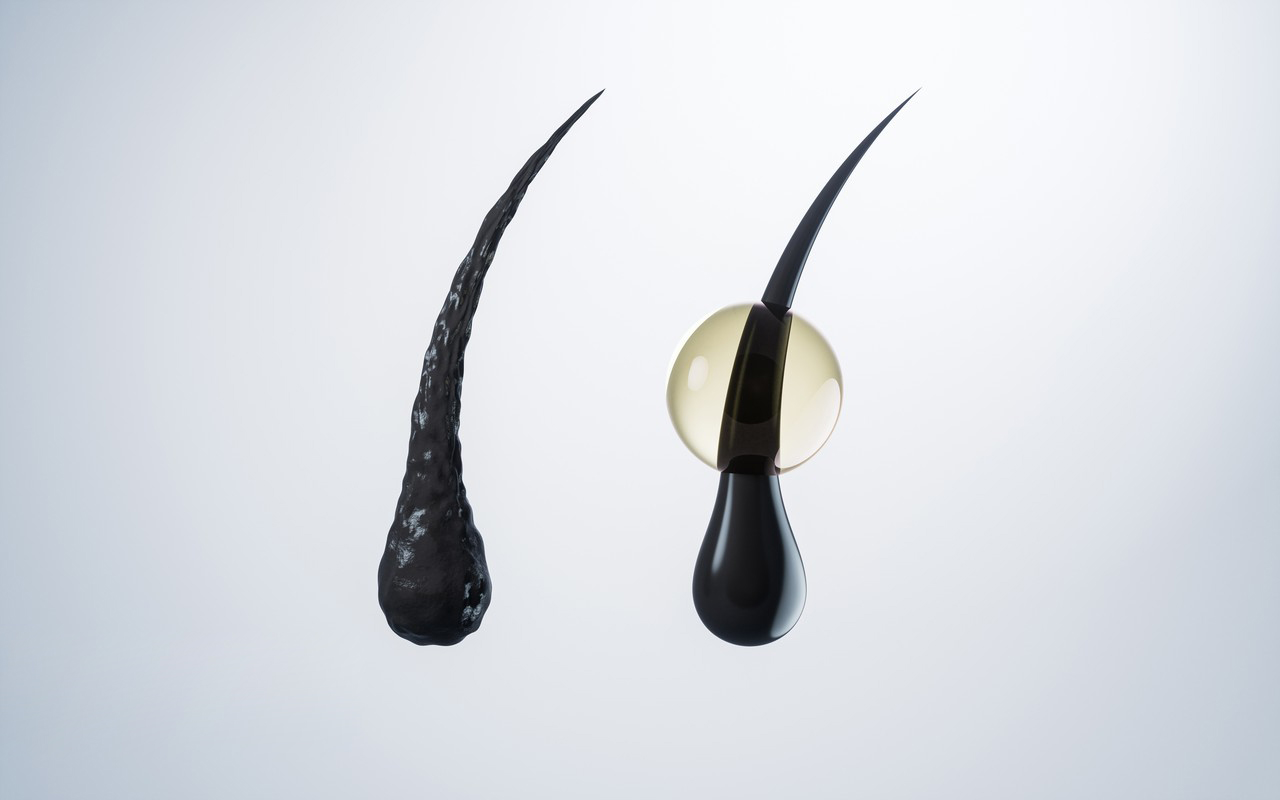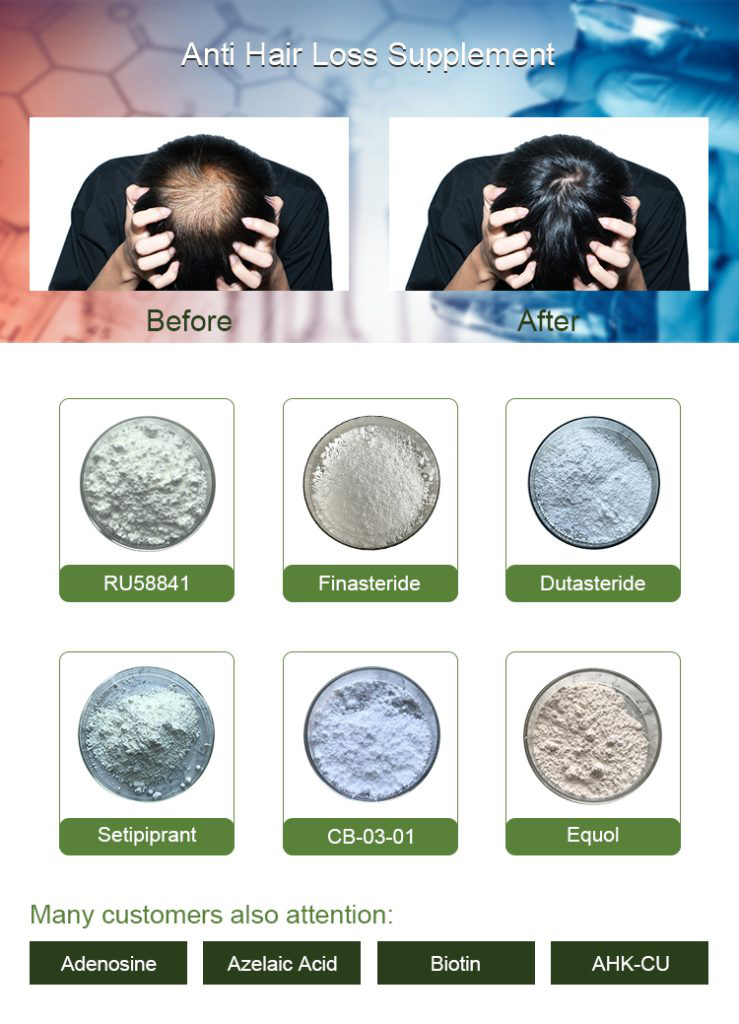Finasteride is a medication primarily used to treat conditions related to the prostate gland, most commonly benign prostatic hyperplasia (BPH) and male pattern baldness (androgenetic alopecia). It works by inhibiting the activity of an enzyme called 5-alpha-reductase, which converts testosterone into a more potent hormone called dihydrotestosterone (DHT). DHT is involved in the enlargement of the prostate gland in BPH and the miniaturization of hair follicles in male pattern baldness.
For BPH treatment, finasteride helps to reduce the size of the prostate gland, relieving urinary symptoms such as frequent urination, difficulty starting and stopping urination, and weak urine flow. It is often prescribed alongside other treatments for BPH.

For male pattern baldness, finasteride is used to slow down or even reverse the process of hair loss in men. By reducing the levels of DHT, which contributes to the shrinking of hair follicles, finasteride can promote the regrowth of hair and prevent further hair loss in certain individuals. It’s important to note that the effects of finasteride on hair growth can vary from person to person.
It’s worth mentioning that finasteride is not without potential side effects. Some individuals may experience sexual side effects, such as decreased libido, erectile dysfunction, or decreased semen volume, although these side effects are relatively rare. It’s important to discuss potential risks and benefits with a healthcare provider before starting finasteride or any other medication. Additionally, pregnant women should avoid handling crushed or broken finasteride tablets, as it can be absorbed through the skin and potentially harm a developing male fetus.
How to use Finasteride?
Finasteride is a medication primarily used to treat male pattern baldness (androgenetic alopecia) and benign prostatic hyperplasia (enlarged prostate). It works by inhibiting the action of the hormone dihydrotestosterone (DHT), which is responsible for hair loss and prostate enlargement in some individuals. It’s important to note that Finasteride should only be used under the guidance of a medical professional. Here’s how it is typically used:
Consultation with a Healthcare Provider: Before starting Finasteride, you should consult a doctor or healthcare provider. They will evaluate your medical history, perform any necessary tests, and determine if Finasteride is appropriate for you. This is crucial because the medication can have side effects and interactions with other medications.
Dosage: The typical dosage for male pattern baldness is 1 mg per day, usually taken orally. For benign prostatic hyperplasia, a higher dosage may be prescribed (usually 5 mg per day). Follow your doctor’s instructions regarding the dosage.
Timing: Take the medication at the same time every day. This helps maintain a consistent level of the drug in your body.
With or Without Food: Finasteride can be taken with or without food, as directed by your healthcare provider. Some people find it more convenient to take it with food to reduce the chance of stomach upset.
Consistency: It’s important to take Finasteride regularly to see its benefits. Results may not be immediate; it might take several months to notice any significant changes in hair growth.
Potential Side Effects: Finasteride can have side effects, though not everyone experiences them. Some possible side effects include decreased libido, erectile dysfunction, breast tenderness, and changes in ejaculation. If you experience any unusual or severe side effects, contact your doctor.
Monitoring: Your doctor may want to monitor your progress periodically. This could involve check-ups, blood tests, or discussions about any changes you’ve noticed.

Duration of Use: Your doctor will advise you on how long to use Finasteride. In some cases, it might be a long-term treatment, while in others, it could be a shorter duration.
Stopping the Medication: If you decide to discontinue Finasteride, consult your doctor first. It’s possible that any benefits you’ve gained could be reversed after stopping the medication.
Special Precautions: Pregnant women or women who may become pregnant should avoid handling crushed or broken Finasteride tablets due to the risk of absorption through the skin, which could harm a developing male fetus.
Remember, this is a general guideline, and your doctor’s instructions should always take precedence. They will provide personalized recommendations based on your specific medical history and needs. If you have any concerns or questions about using Finasteride, consult your healthcare provider.
